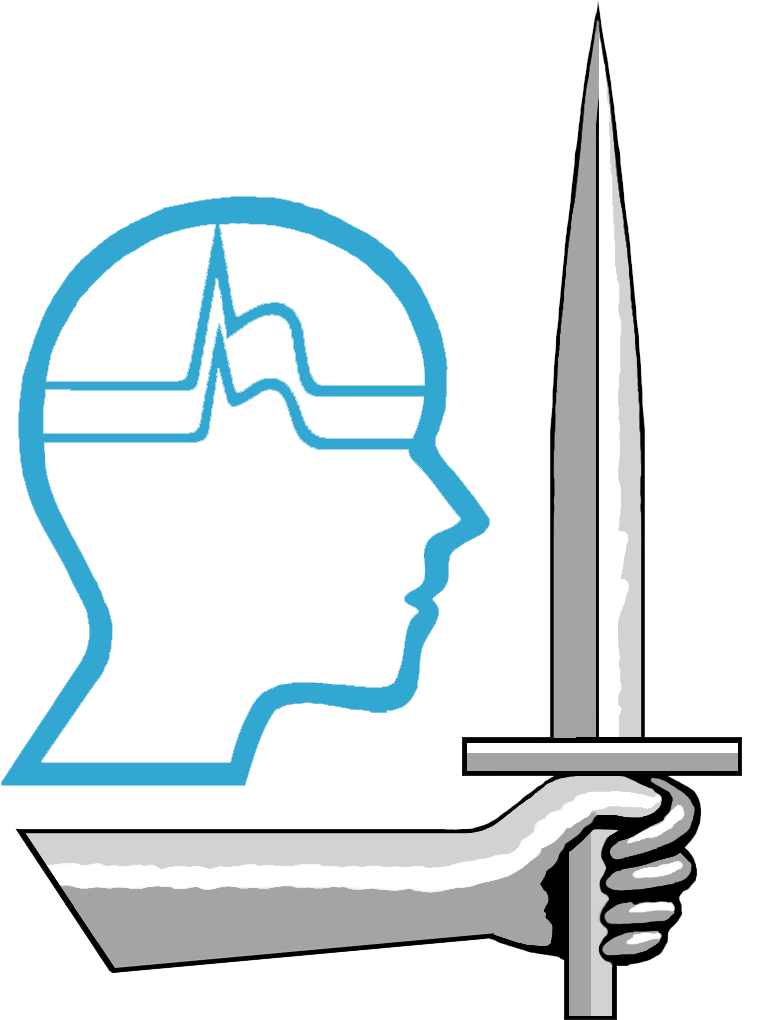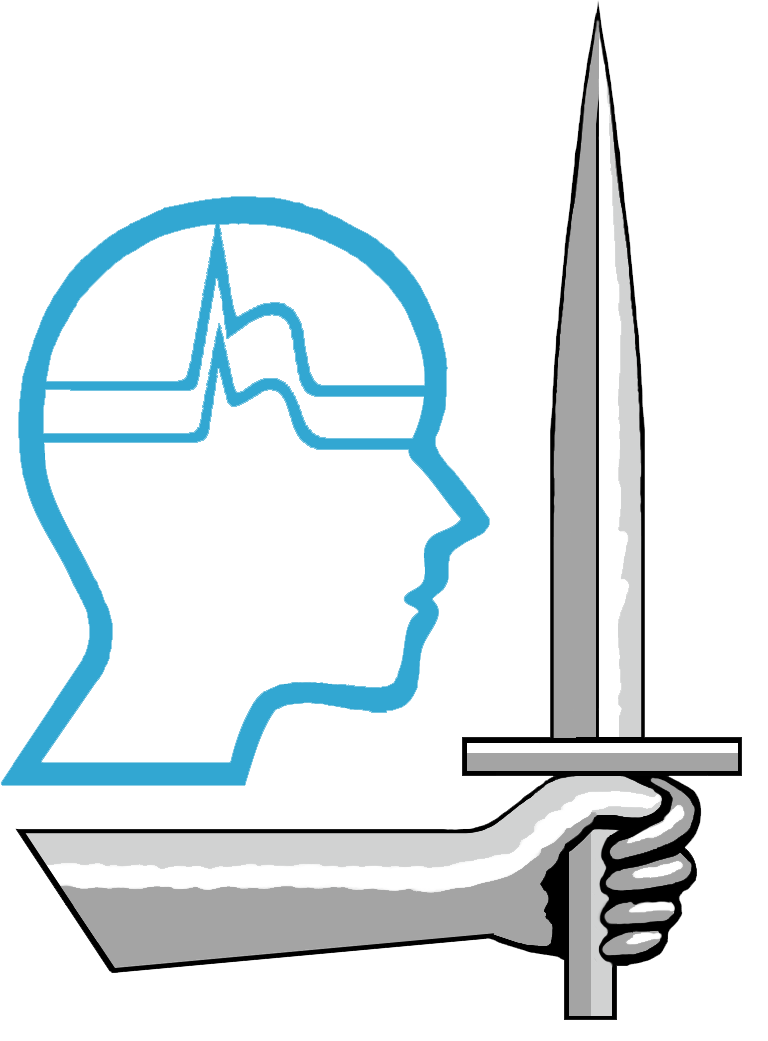DEMENTIA
BRIDGE THE GAP TO YOUR DIAGNOSIS AND MANAGEMENT
Dementia
Dementia is a name given to a large group of individual disorders of which the classic and most common type is #Alzheimers disease. Dementia is characterised by a loss of/impaired higher cognitive functions. Generally speaking, more than one type of cognitive function should be affected to give a diagnosis of dementia.
Since 2022 there has been great excitement and hope that drug treatment might slow down or event halt Alzheimers. Lecanemab/ #Leqembi has been given early approval by the US FDA due to its ability to reduce the hallmark Amyloid-beta in the brain (#NEJM DOI: 10.1056/NEJMoa2212948) and Donanemab is looking promising too.
Assessment includes a detailed background. Every assessment has to include a collateral history from somebody who knows you well, because those around the patient see may give a clearer picture.
The nuts and bolts of assessment include a cognitive examination looking at several cognitive domains such as attention, memory, language, calculation, visuospatial function, executive function and praxis. The physical examination of the nervous system is done to look for any associated physical features that appear in disorders such as #Lewy Body Dementia, #Frontotemporal Dementia, and to identify anything that suggests a structural cause of cognitive change (eg growths within the skull vault).
Fortunately, a lot of people will not have any evidence of true cognitive dysfunction once assessed and appropriately investigated. Investigations are also to identify potentially treatable/reversible causes of dementia (eg vitamin B12 deficiency, thyroid dysfunction, limbic encephalitis). Treating depression may help a lot.
Follow-up reassessment of those with a single cognitive domain abnormality after a year is helpful including repeating an MRI to look for regional changes. These may be helpful in prediction of the risk of a true dementia if there is only one area of cognition affected on first assessment.
For more information on dementia and to enrol in clinical trials on dementia:
https://www.dementiauk.org/information-and-support/types-of-dementia/alzheimers-disease/
https://www.nhs.uk/conditions/frontotemporal-dementia/
https://www.imperial.nhs.uk/research/research-facilities/imperial-memory-unit






